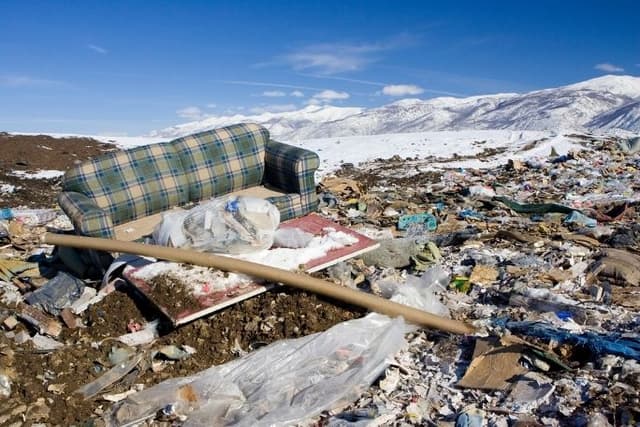
National Recycling Week - Is That Rubbish?
Lesson3 of 6 in this unit
SecondaryYear 7 - 8MathematicsEnvironmentalRecyclingSustainability
Summary
Lesson Guides and Printables
Lesson Plan

Student Worksheet

Teacher Content Info


Lesson Plan

Student Worksheet

Teacher Content Info
